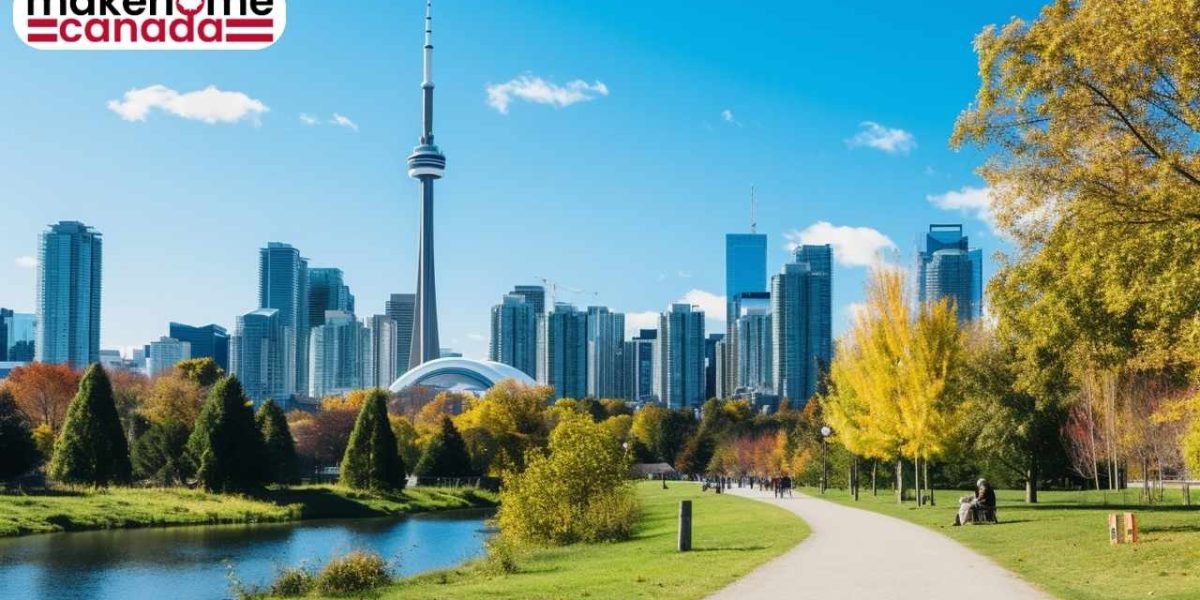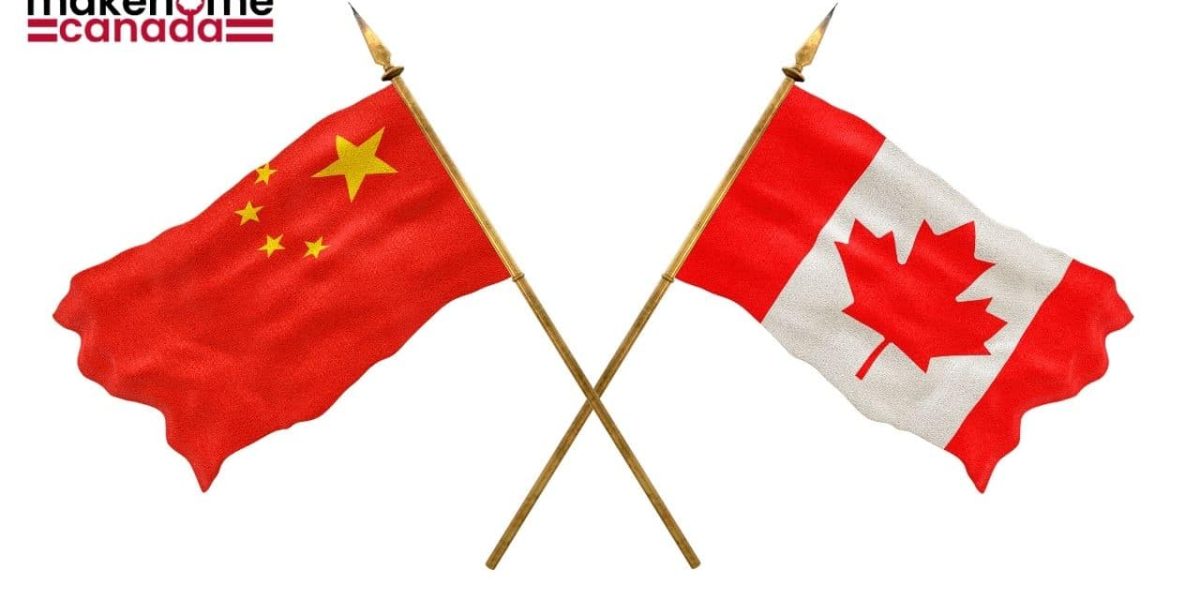The PGP 2022 application intake process came out recently. Over 23,100 sponsors will receive the ITAs in the following two weeks through the IRCC. According to the IRCC, this number of sponsors is adequate to fulfill their objective of accepting 15,000 complete sponsorship applications under the Parents and Grandparents program 2022. However, the potential sponsors will receive the invitations in the latter part of the week.
IRCC will consider potential candidates who expressed interest in sponsoring their parents and grandparents in 2022. The department even revealed that it has the chance to select from approximately 155,000 potential sponsors that still exist in the pool.
Initially, individuals had to show their interest within three weeks of completing a form IRCC’s website form. After this, a lottery was conducted, accepting more than 10,000 applications for PGP 2020. From the same pool, IRCC selected 30,000 applications for PGP 2021.
PGP 2022- eligibility requirements
You will need to match the following eligibility criteria for PGP 2022:
- As a potential candidate, you filled out the form on the IRCCs website as per the official time on October 13 and November 3, 2020.
- Your age is 18 years, and your location is in Canada.
- You hold Canadian citizenship and permanent residency or have a registration under the Canadian Indian Act.
- Have sufficient money to assist your family members you’re willing to sponsor. Make sure to meet the Minimum Necessary Income.
The Minimum Necessary Income
Once the candidate expresses his interest in sponsorship through an online form, he will have to provide essential income proof. The Minimum Necessary Income is a critical factor in the PGP 2022.
Supposedly, if a candidate receives an invitation to apply but fails to meet the minimum income requirement, he will have to face an application rejection.
Canadian sponsors and co-signers receiving the ITAs must present CRA’s Notices of Assessments. They will need to provide them during the three taxation years after the application date.
Sponsors displaying interest will have to figure out their family size to ensure they can meet the MNI requirements. These requirements confer on those family members for which the applicant will take financial responsibility.
Given below is the list of the family members:
- The spouse or common-law partner of the interested sponsor.
- Interested sponsors and their dependent children.
- The dependent children of the sponsor or partner.
- A previous sponsorship for whom the sponsor is still responsible.
- Parents and grandparents along with their dependents, including spouse, partner, or children.
- Non-accompanying dependent children with their parents and grandparents.
- Separated spouse of their parents and grandparents.
The pandemic led to a decline in income for many individuals. Therefore, IRCC decided to reduce the MNI parameters so that people got a fair chance. As a result, the MNI thresholds reduced significantly by thirty percent in the calendar years 2020 and 2021. Additionally, IRCC introduced the benefits of regular Employment Insurance and Emergency Response Benefits.
Quebec sponsors
The Quebec Immigration Ministry evaluates the incomes of those Canadians who live in Quebec and also wish to sponsor their parents and grandparents. The ministry evaluates its payments based on the specific requirements of the province.
Additionally, Quebec sponsors will have to sign an undertaking for IRCC and Quebec’s government. The undertaking will determine the duration for the sponsor to take financial responsibility for the family members. This time will be counted from the day they attain Canadian permanent residency.
Except for Quebec, all other Canadian provinces have a fixed time duration of twenty years as the undertaking for both parents and grandparents. Moreover, the Quebec residents will have ten years of commitment.
Super Visa
Canadian parents and grandparents might also hold the eligibility for a Super Visa, with a validity of ten years. Apart from this, the Super Visa holders could stay in the country for five years without any document renewal.




